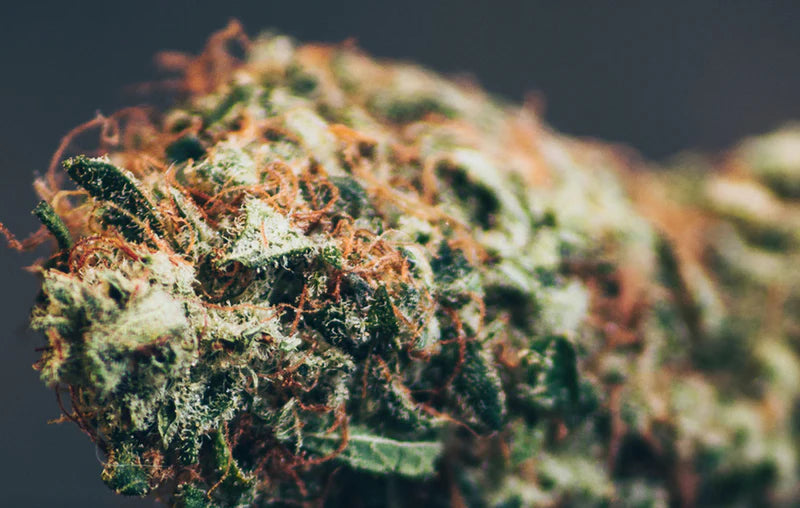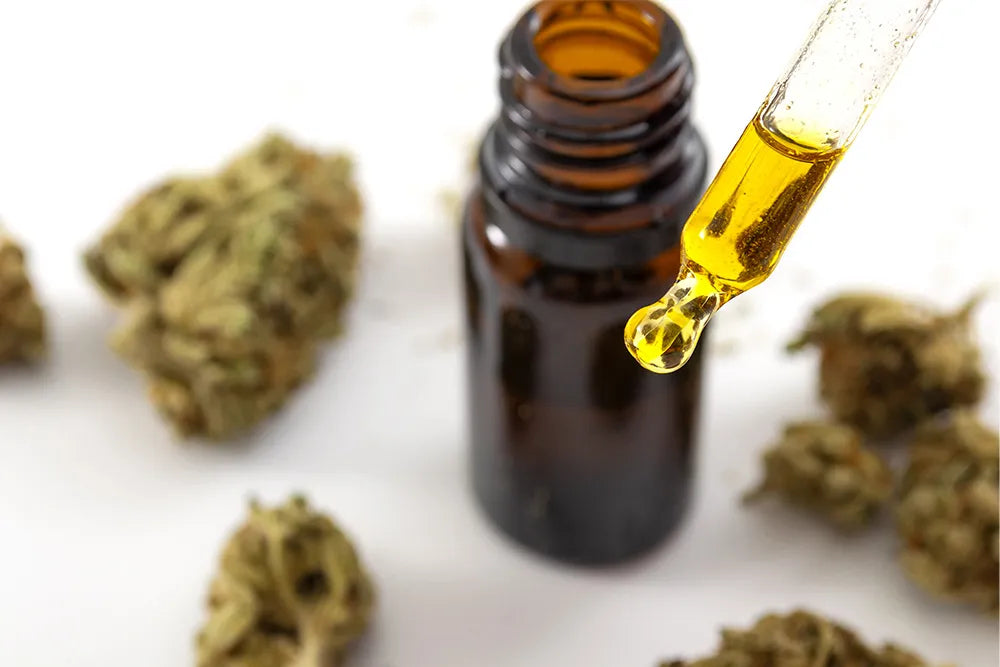
Navigating Legal Challenges of Selling CBD Bud Online: A White Label Perspective
The CBD market is thriving, with consumer interest in CBD products skyrocketing in recent years. Among these, CBD bud has emerged as a popular choice for its natural composition and versatility. For entrepreneurs looking to break into this lucrative market, selling CBD bud online presents both immense opportunities and significant legal hurdles. This is especially true when adopting a white-label business model to leverage the growing demand for CBD bud wholesale. Understanding the legal landscape is critical to ensure compliance and long-term success.
Understanding the Legal Status of CBD Bud
CBD bud, derived from industrial hemp, is federally legal in the United States under the 2018 Farm Bill, provided it contains less than 0.3% THC by dry weight. However, federal legality does not equate to uniform acceptance. Each state has its own regulations regarding the cultivation, sale, and use of hemp-derived products. While some states fully embrace CBD products, others impose strict restrictions, creating a complex web of legal requirements for businesses.
Selling CBD bud online adds another layer of complexity, as e-commerce transcends state lines. Vendors must navigate varying laws to avoid legal entanglements. For example, states like Idaho and Nebraska have stringent laws that make it challenging to sell CBD products, even online. Thus, understanding your target market’s legal environment is a cornerstone of your business strategy.
Regulatory Compliance for Online Sales
The online sale of CBD bud requires compliance with several regulatory frameworks:
- Hemp Cultivation and Source Verification: The CBD bud you sell must be sourced from licensed hemp growers. Maintaining documentation proving that the product’s THC content meets legal thresholds is essential.
- Labeling Requirements: Accurate labeling is not just good practice—it’s the law. The FDA mandates clear labeling of CBD products, including THC content, ingredient lists, and disclaimers about potential health claims. White-label sellers must ensure their partners comply with these regulations.
- Third-Party Lab Testing: Consumers and regulators demand transparency. Providing third-party lab results verifying the product’s purity and THC levels builds trust and ensures compliance.
- Marketing Restrictions: Claims about CBD’s therapeutic benefits must be approached cautiously. The FDA prohibits unsubstantiated health claims, making it essential to market products responsibly.
The Role of White Labeling in Selling CBD Bud Online
White labeling offers an attractive entry point into the CBD market. By partnering with a manufacturer that produces CBD bud wholesale, businesses can focus on branding and distribution rather than production. While this model simplifies some aspects of running a CBD business, it also introduces specific legal challenges:
- Contractual Agreements: Establishing a solid contract with your white-label partner is critical. This should outline liability, quality control, and compliance responsibilities to protect your business from legal disputes.
- Due Diligence: Vet your white-label manufacturer’s compliance with federal and state regulations. Ensure their CBD bud meets legal standards for THC content and has undergone rigorous third-party testing.
Payment Processing and Banking Challenges
Selling CBD bud online faces unique challenges in payment processing and banking. Although hemp-derived products are legal federally, many financial institutions remain hesitant to work with CBD businesses due to perceived risks. Here are key considerations:
- High-Risk Merchant Accounts: CBD businesses are often classified as high-risk by payment processors. This classification leads to higher fees and stricter terms. Research and partner with payment processors specializing in CBD transactions to mitigate these challenges.
- Banking Solutions: Traditional banks may avoid working with CBD businesses. Alternatives include seeking out hemp-friendly financial institutions or using specialized payment platforms tailored for the CBD industry.
Shipping and Logistics Hurdles
Shipping CBD bud across state lines is fraught with potential pitfalls. Despite federal legality, carriers like USPS, UPS, and FedEx have varying policies regarding CBD products. To ensure compliance:
- Documentation: Always include certificates of analysis (COAs) and other documentation proving the legality of your products.
- Carrier Policies: Familiarize yourself with the policies of your chosen shipping provider to avoid shipment delays or seizures.

International Legal Considerations
For businesses eyeing global expansion, understanding international regulations is paramount. While countries like Canada and parts of the European Union permit hemp-derived CBD products, others maintain strict prohibitions. Always verify the legality of exporting CBD bud to specific countries to avoid fines or product confiscation.
Staying Ahead with Legal Expertise
Navigating the legal challenges of selling CBD bud online requires staying informed about ever-evolving regulations. Engaging legal experts with experience in CBD law is a prudent investment. A knowledgeable attorney can:
- Review contracts with white-label partners and suppliers.
- Help interpret state and federal laws governing CBD products.
- Assist in responding to regulatory inquiries or audits.
Facts and Figures to Consider
The legal complexity of selling CBD bud online is offset by the market’s potential. Consider the following statistics:
- The global CBD market size was valued at $5.18 billion in 2021 and is projected to grow at a compound annual growth rate (CAGR) of 16.8% from 2022 to 2030.
- In the United States, online CBD sales accounted for approximately $1.8 billion in 2021, underscoring the significance of e-commerce in the industry.
- According to Brightfield Group, white-label CBD products represented nearly 50% of CBD sales in 2022, emphasizing the importance of this business model.
These figures highlight the immense opportunities available to businesses willing to navigate the regulatory hurdles.
Building Consumer Trust
In a highly regulated market, building consumer trust is critical. Transparency, quality assurance, and compliance with legal standards can differentiate your brand. Consider implementing the following strategies:
- Education: Provide customers with clear information about CBD bud, including its benefits and legal status.
- Certification: Showcase certifications and lab results prominently on your website.
- Customer Support: Offer accessible and knowledgeable customer service to address legal and product-related inquiries.
The Path Forward
The legal challenges of selling CBD bud online are undeniably complex, but they are not insurmountable. Entrepreneurs adopting a white-label model have the advantage of focusing on branding and customer acquisition while relying on their partners for production. By staying informed about regulations, partnering with reputable manufacturers, and prioritizing transparency, businesses can position themselves for success in this burgeoning industry.
The CBD bud wholesale market offers immense potential for growth, and with careful planning and a commitment to compliance, your online venture can thrive in this exciting space. Embrace the challenges as opportunities to solidify your brand’s reputation and build a loyal customer base in the ever-expanding CBD market.
D Squared WorldWide is your trusted partner for premium CBD bud wholesale solutions. With our white-label services, we simplify your path to market, ensuring compliance with state and federal regulations while providing top-quality, lab-tested CBD bud. Elevate your brand with our transparent processes and unmatched expertise in the CBD industry. Don't let legal complexities hold you back, schedule a call with us today to explore how we can help your business thrive in this booming market!
Reference:
- Brown, J. and Winterstein, A. (2019). Potential adverse drug events and drug–drug interactions with medical and consumer cannabidiol (cbd) use. Journal of Clinical Medicine, 8(7), 989. https://doi.org/10.3390/jcm8070989
- Corroon, J. and Phillips, J. (2018). A cross-sectional study of cannabidiol users. Cannabis and Cannabinoid Research, 3(1), 152-161. https://doi.org/10.1089/can.2018.0006
- Duchateau, C. (2023). Characterization of cbd oils, seized on the belgian market, using infrared spectroscopy: matrix identification and cbd determination, a proof of concept. Drug Testing and Analysis, 16(5), 537-551. https://doi.org/10.1002/dta.3583



